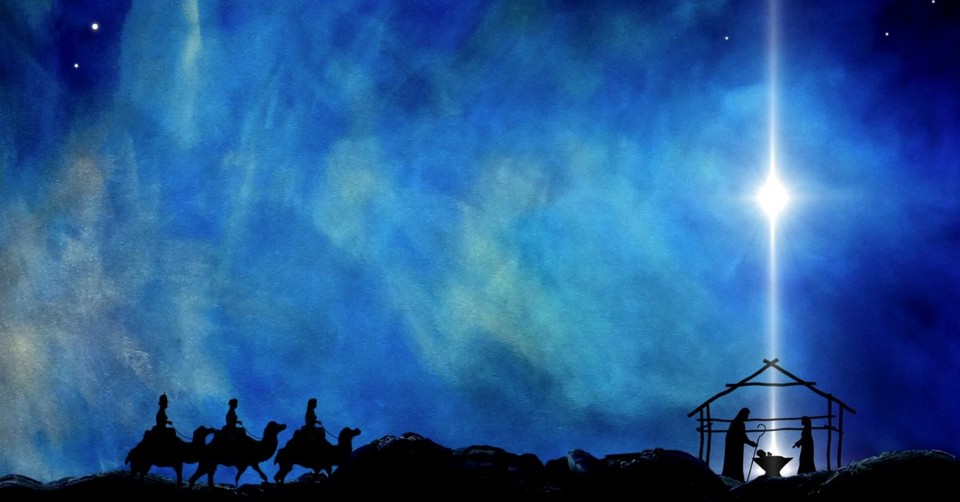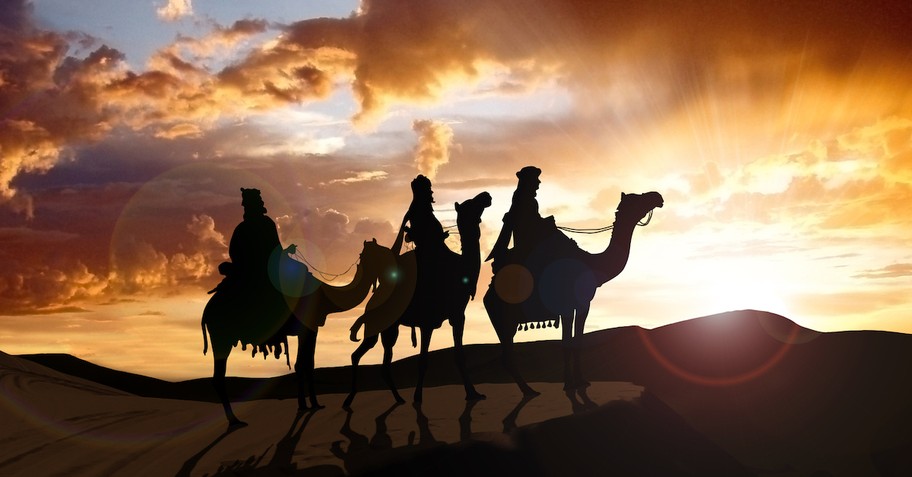This idea was added to tradition later. They likely came from Arabia, not from other countries or diverse backgrounds.
Editor’s note: If you’re wondering a bit more about the origin and purpose of the wise men, here is some further clarification:
Where Did the Wise Men Travel From?
They came “from the east,” which, based on the nature of their gifts and Old Testament prophecy, means they most likely came from the ancient Arabian kingdom of Sheba. Arabia was known for its vast wealth from gold mines in Africa, as well as the Boswellian and Commiphora trees — from which frankincense and myrrh are derived. Of course, men from Persia could have brought these gifts, but they signify a giving of the best commodities from their own country to a neighboring King.
What Gifts Did the Magi Give to Jesus?
Gold, frankincense, and myrrh have their primary significance in their value, which establishes their suitability for a King. Matthew 2:11 tells us these gifts were great treasures, given as worship, but they may have even greater significance. Gold was indeed associated with royalty, but it may also foreshadow Jesus' purpose: in 1 Kings 6:20-22, the walls of the Most Holy Place and the altar are overlaid with gold. Frankincense was part of the ceremonial worship of a deity. This gift underscores their belief that the newborn king carried a claim of deity. Myrhh was used as a perfume, anointing oil, medicinal tonic, and as a key ingredient in the mixture of spices used to prepare bodies for burial (John 19:39-40). Perhaps this gift indicated Jesus’ humanity and the manner in which he would save his people—that he would die for them.
Dwight Longenecker is a parish leader, award-winning blogger, and speaker. A graduate of Oxford and Bob Jones University, he has written sixteen books on different aspects of religion. He is the author of a new book, Mystery of the Magi: The Quest to Identify the Three Wise Men, available in bookstores now.
For more information, visit dwightlongenecker.com
Photo courtesy: ©GettyImages/Pink_frog










